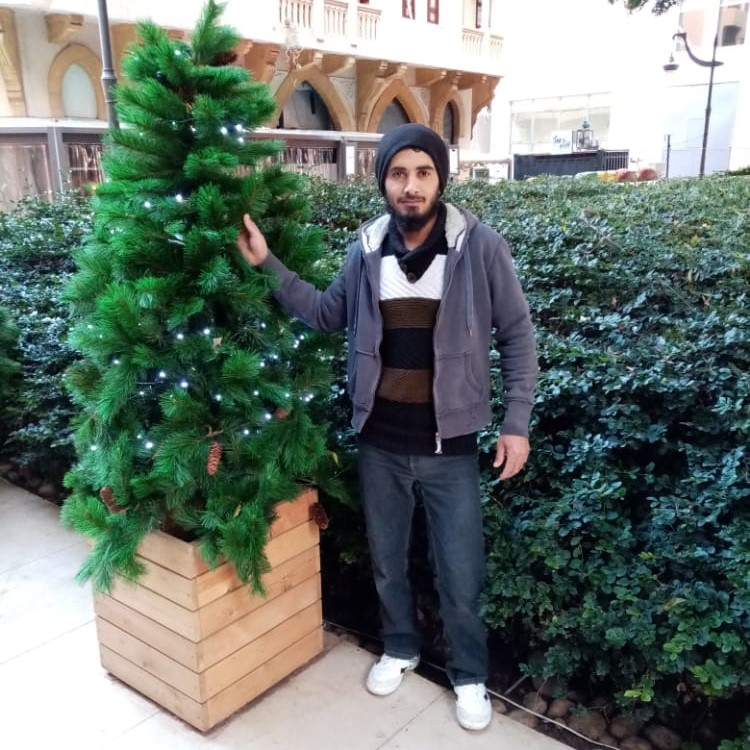Syrian refugee Bashar Abed al-Saoud dies under the custody of the Lebanese State Security
Timeline
November 1, 2024: the Permanent Military Court issues its verdict, and rules that the actions of the accused State Security officers did not constitute torture leading to death. Instead, the court reclassifies the charges as negligent homicide and violation of military instructions, sentencing the defendants to prison terms ranging from two months to one and a half years, effectively covering their pretrial detention and resulting in their immediate release.
July 5, 2024: the fifth hearing in Abed al-Saoud’s trial is held.
April 19, 2024: the fourth hearing in Abed al-Saoud’s trial is held.
November 17, 2023: the third hearing in Abed al-Saoud’s trial is held.
May 5, 2023: the second hearing in Abed al-Saoud’s trial is held.
December 16, 2022: Abed al-Saoud’s trial begins before the Permanent Military Court in Beirut.
November 29, 2022: Military Investigating Judge Najat Abu Shaqra charges five members of the State Security with the crime of torture Lebanon’s Anti-Torture law.
November 28, 2022: UN Special Procedures deplore the lack of independent investigation into the death of Bashar Abed al-Saoud
September 8, 2022: MENA Rights Group submits an urgent appeal to several UN special procedures mandate holders.
September 7, 2022: al-Saoud’s family files a complaint of torture before the Public Prosecutor of the Cassation Court.
September 3, 2022: State Security contacts al-Saoud’s family informing them that they could come and collect his body at the Tebnin Governmental Hospital.
September 2, 2022: Five officers allegedly involved in the torture of al-Saoud are arrested after news of his death is reported in the press.
August 31, 2022: Bashar Abed al-Saoud’s body is sent to the Tebnin Governmental Hospital after he was tortured to death.
August 30, 2022: Bashar Abed al-Saoud is arrested by members of the State Security.






